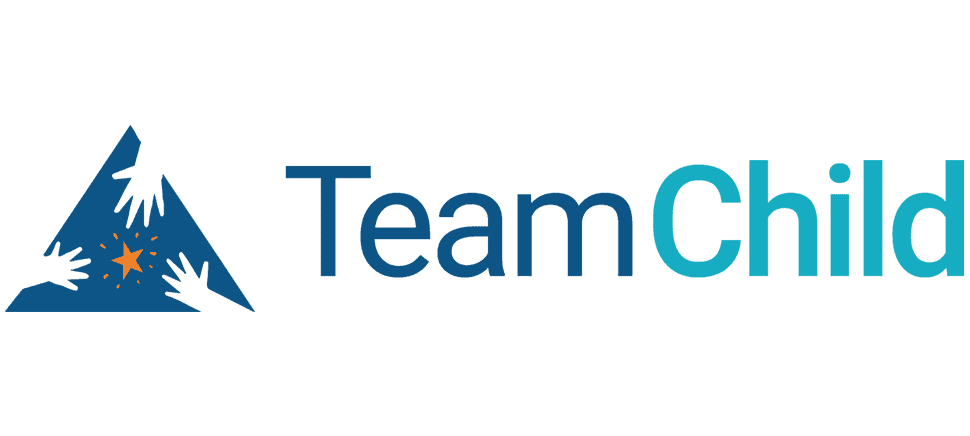Assessing Alternative Education – by Skadden Fellow Chen-Chen Jiang
My parents left me, when I was two, in the care of my grandparents in China so that they could begin a new life in the United States. After two years of working day jobs at the local factory and delivering late-night Chinese takeout, all while attending the local university, my parents finally saved enough to bring me to the States. The first night here, I cried and begged to go back to China—back to the familiarity of my grandparents, my preschool, and my community, and away from these two strangers who I could barely remember as my parents. My parents laughed. They explained that this country would allow me more opportunities to get an education. And thus, throughout my childhood, chasing those opportunities became my aim; my life revolved around education.
I brought that passion for education with me to Detroit, where after college, I taught eager and bright-eyed five-year-olds. At first, I repeated the mantras that I had been told: Work hard, and if things don’t fall your way, work harder. And if you work hard enough, you will eventually achieve success. The unspoken inverse of that, of course, is that if you don’t succeed, then you are to blame—you haven’t worked hard enough.
But as I built relationships with my students and their families, and as I came to understand the obstacles they faced, I had to face my own ignorance. The truth for my students of color growing up in poverty is that the systems in place—including the education system I was pushing for them to work hard in—are not designed to help them succeed. Quite the opposite. These systems dangle the American dream in front of communities of color but set up processes and requirements that ignore many of our experiences and, in turn, disregard particular identities and traumas. Instead, to achieve that American dream, you must fit into a predetermined mold of success created by predominantly white gatekeepers who are divorced from the daily struggles of poverty and discrimination facing our communities. And if you’re unwilling to shed your identity, then regardless of how hard you work, you’ll stay crushed underneath the weight of the very systems that purport to help.
My aim as a lawyer is to dismantle this reality and to hold the systems, particularly the education system, accountable to the communities they serve. To pursue this work, I was fortunate enough to receive a Skadden fellowship to work at TeamChild. The Skadden Fellowship Foundation sponsors recent law school graduates to work for two years in public interest law. With fellows across the nation working on issues impacting the poor, ranging from housing and immigration to education and employment, the Skadden Fellowship Foundation is the largest public interest law firm in the country, with over 800 fellowships funded over the last 40 years.
My Skadden fellowship at TeamChild focuses on what educational options a student has when he or she is excluded from the traditional classroom. For example, if a student is suspended or expelled, what educational services are provided during that disciplinary period? Where do school districts send students that they do not believe can be served in traditional high schools? What is the oversight, if any, of those alternative school settings that are using nontraditional methods of teaching? And most importantly, after we have a clear picture of the answers to these questions, what do impacted communities feel should be done about our alternative education system?
Key to this analysis of alternative education is the inherent conflict between the flexibility we give to local school districts to determine how to educate youth and the need for overarching requirements that strive to hold those local entities accountable. There is no one-size-fits-all educational model, but unsupervised experimentation with educational strategies can end in failure, a burden that is often disproportionately borne by students of color. To complicate the issue, alternative education is frequently prescribed only when traditional methods of education fail, and as a result, unfettered discretion on who to send to alternative education could actualize explicit or implicit biases and lead to pushout of the very students who are already alienated by our education system.
My project is in its early stages. I am currently gathering data and information on the different forms of alternative education and how they are currently serving youth. I will be eager to share this information with the communities of students and families who are most impacted by alternative education.
If you have ideas about community needs, solutions, or potential collaboration on these issues, I’d love to hear from you! Please e-mail [email protected] for more information.
